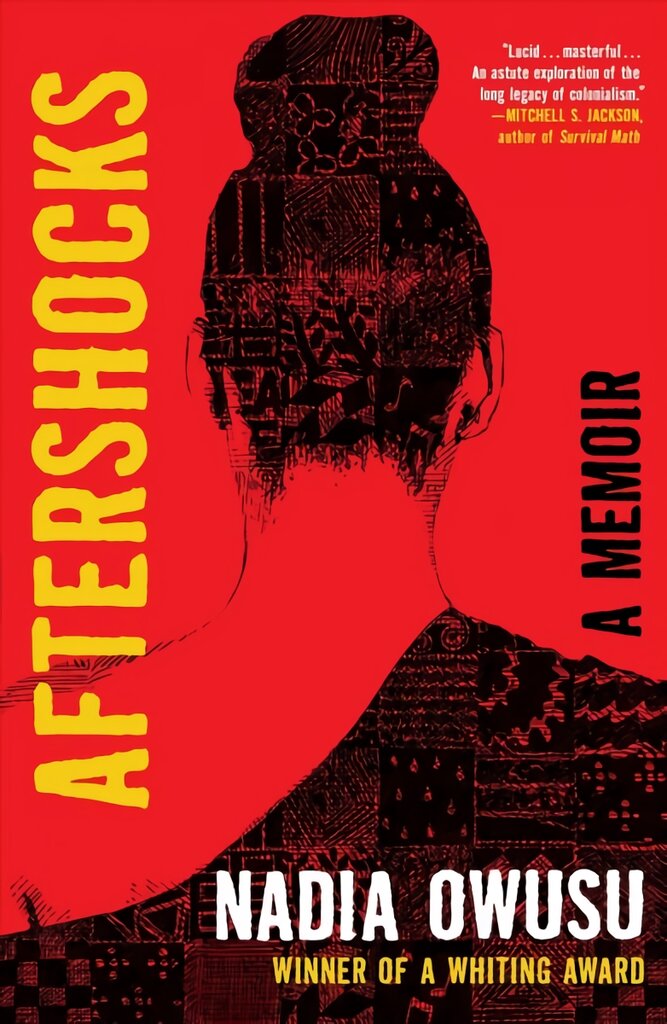"Nadia Owusu grew up all over the world--from Rome and London to Dar-es-Salaam and Kampala. When her mother abandoned her when she was two years old, the rejection caused Nadia to be confused about her identity. Even after her father died when she was thirteen and she was raised by her stepmother, she was unable to come to terms with who she was since she still felt motherless and alone. When Nadia went to university in America when she was eighteen she still felt as if she had so many competing personasthat she couldn't keep track of them all without cracking under the pressure of trying to hold herself together. A powerful coming-of-age story that explores timely and universal themes of identity, Aftershocks follows Nadia's life as she hauls herself out of the wreckage and begins to understand that the only ground firm enough to count on is the one she writes into existence"--
An award-winning essayist combines literary memoir and cultural history to examine her personal struggles with her mixed-heritage identity and the emotional trauma of her mother’s abandonment and father’s dark secrets. 100,000 first printing. Tour.
In the tradition of The Glass Castle, a deeply felt memoir from Whiting Award&;winner Nadia Owusu about the push and pull of belonging, the seismic emotional toll of family secrets, and the heart it takes to pull through. Young Nadia Owusu followed her father, a United Nations official, from Europe to Africa and back again. Just as she and her family settled into a new home, her father would tell them it was time to say their goodbyes. The instability wrought by Nadia&;s nomadic childhood was deepened by family secrets and fractures, both lived and inherited. Her Armenian American mother, who abandoned Nadia when she was two, would periodically reappear, only to vanish again. Her father, a Ghanaian, the great hero of her life, died when she was thirteen. After his passing, Nadia&;s stepmother weighed her down with a revelation that was either a bombshell secret or a lie, rife with shaming innuendo. With these and other ruptures, Nadia arrived in New York as a young woman feeling stateless, motherless, and uncertain about her future, yet eager to find her own identity. What followed, however, were periods of depression in which she struggled to hold herself and her siblings together. Aftershocks is the way she hauled herself from the wreckage of her life&;s perpetual quaking, the means by which she has finally come to understand that the only ground firm enough to count on is the one written into existence by her own hand. Heralding a dazzling new writer, Aftershocks joins the likes of Don&;t Let&;s Go to the Dogs Tonight and William Styron&;s Darkness Visible, and does for race identity what Maggie Nelson does for gender identity in The Argonauts.
